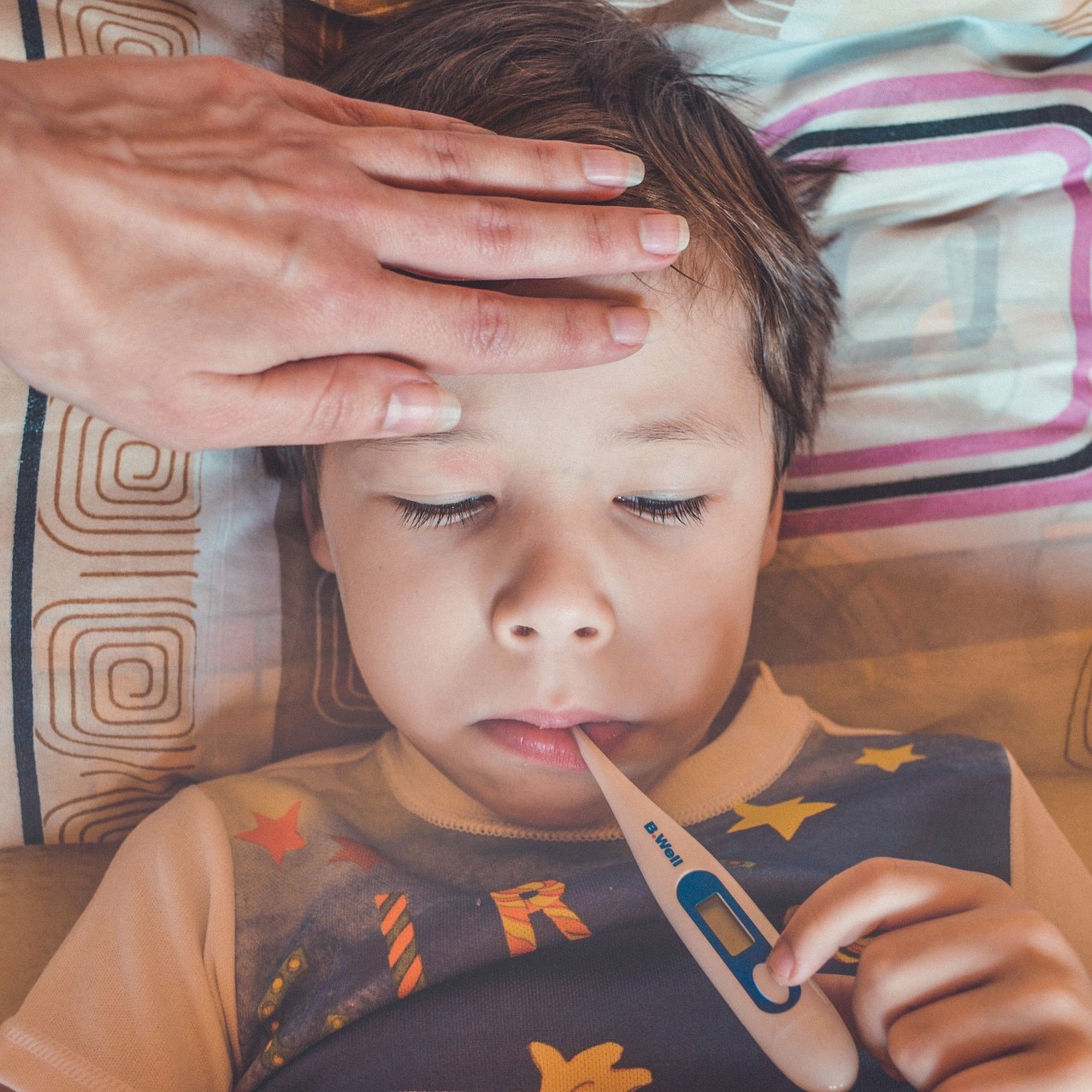
Published 2021-07-12
Keywords
- Pediatrics,
- Seizure,
- Neurology,
- Infectious Disease,
- Febrile Illness
How to Cite
1.
Dabirzadeh A. Approach to: Febrile seizures. McGill J Med [Internet]. 2021 Jul. 12 [cited 2026 Feb. 23];19(2). Available from: https://mjm.mcgill.ca/article/view/317
Copyright (c) 2021 Anita Dabirzadeh

This work is licensed under a Creative Commons Attribution-NonCommercial-ShareAlike 4.0 International License.
Abstract
Febrile seizures are the most common neurological condition of childhood. They are defined as seizures occurring between 6-months to 6-years of age, associated with a fever, in a child without any evidence of an intracranial or other definable cause. This aritcle provides an approach to diagnosis and treatment of febrile seizures intended for pre-clinical and clinical students.
Downloads
Download data is not yet available.
References
- Leung AKC, Robson WLM. Febrile Seizures. J Pediatr Heal Care. 2007;
- Millichap JJ, Millichap JG. Clinical features and evaluation of febrile seizures. In: UpToDate. 2014.
- Leung AKC, Hon KL, Leung TNH. Febrile seizures: An overview. Drugs in Context. 2018.
- Shearer P, Park D, Bowman A, RN BSN, CEN C, CCRN-CMC BC, et al. Seizures and Status Epilepticus: Diagnosis and Management in the Emergency Department. Emerg. med. pract. 2006.
- Duffner PK, Berman PH, Baumann RJ, Fisher PG, Green JL, Schneider S, et al. Clinical practice guideline - Neurodiagnostic evaluation of the child with a simple febrile seizure. Pediatrics. 2011.
- Abend NS, Loddenkemper T. Management of pediatric status epilepticus. Current Treatment Options in Neurology. 2014.
- Sexton DJ. Lumbar puncture: Technique; indications; contraindications; and complications in adults. UptoDate. 2011.
- Loddenkemper T. Febrile status epilepticus: Time is of the essence. Epilepsy Currents. 2014.
- Offringa M, Newton R, Cozijnsen MA, Nevitt SJ. Prophylactic drug management for febrile seizures in children. Cochrane Database of Systematic Reviews. 2017.
- Rosenbloom E, Finkelstein Y, Adams-Webber T, Kozer E. Do antipyretics prevent the recurrence of febrile seizures in children? A systematic review of randomized controlled trials and meta-analysis. Eur J Paediatr Neurol. 2013;
- Knudsen FU. Febrile seizures treatment and outcome. Brain Dev. 1996;
- Patel N, Ram D, Swiderska N, Mewasingh LD, Newton RW, Offringa M. Febrile seizures. BMJ (Online). 2015.
- Verity CM, Greenwood R, Golding J. Long-term intellectual and behavioral outcomes of children with febrile convulsions. N Engl J Med. 1998;
- Martinos MM, Yoong M, Patil S, Chin RFM, Neville BG, Scott RC, et al. Recognition memory is impaired in children after prolonged febrile seizures. Brain. 2012;
- Fetveit A. Assessment of febrile seizures in children. European Journal of Pediatrics. 2008.
- Camfield P, Camfield C. Febrile seizures and Genetic Epilepsy with Febrile Seizures plus (GEFS+). Epileptic Disord. 2015;




